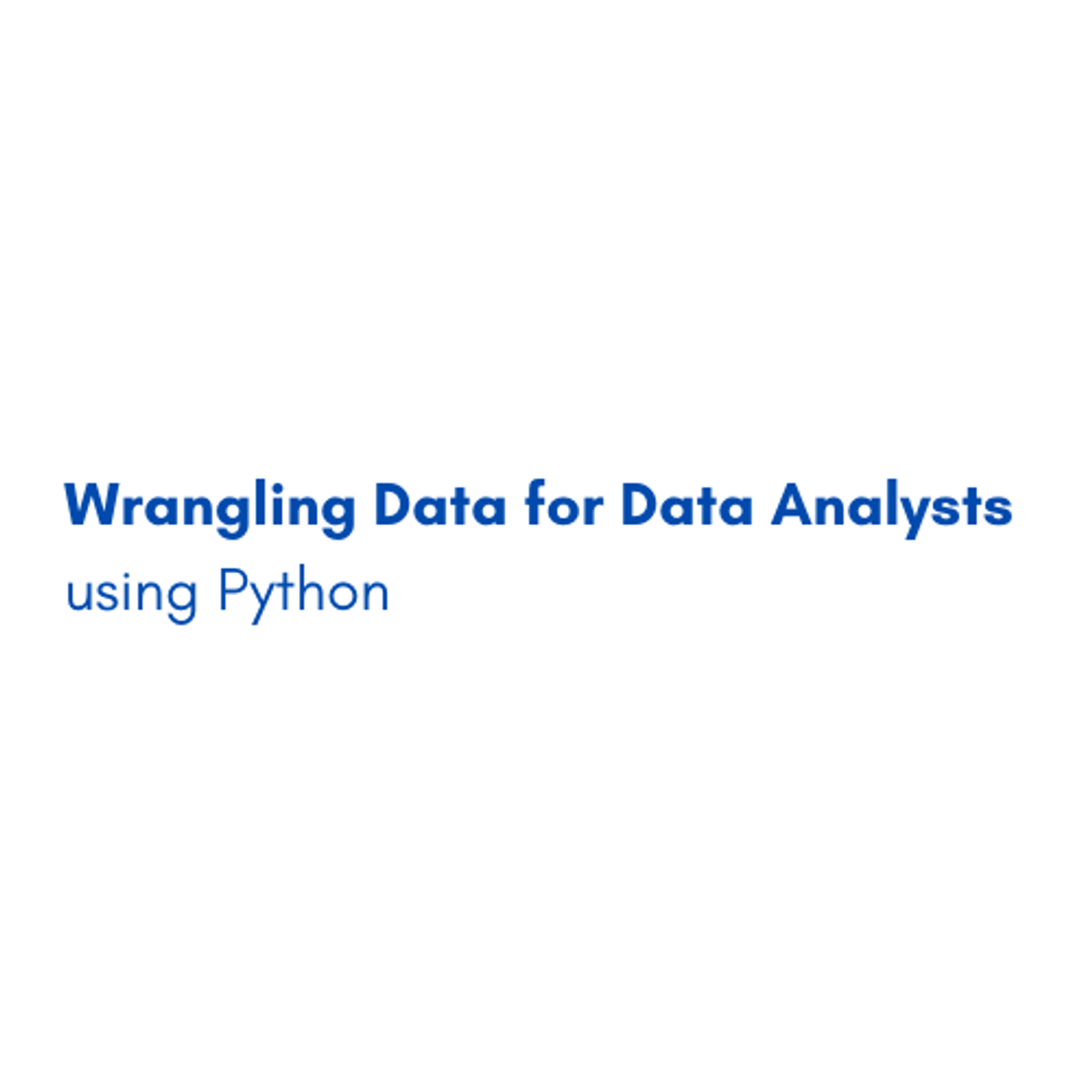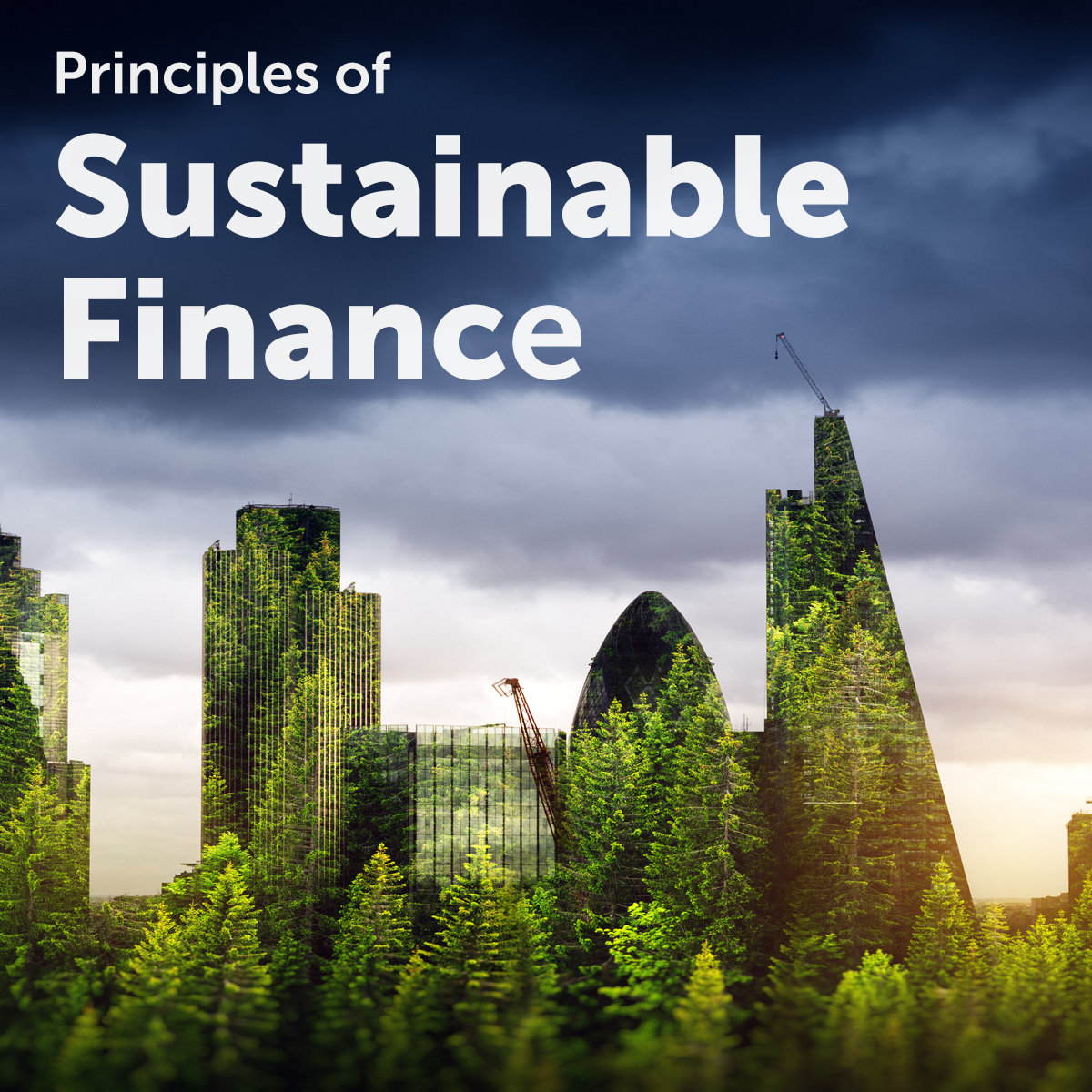Back to Courses









Business Courses - Page 15
Showing results 141-150 of 2058

Professional development: Improve yourself, always
The world of work is characterised by rapid ongoing change. In this dynamic environment, one of the most critical skills for leaders is their capacity to learn and to adapt; to engage in the continuous development of their skills in managing and leading others. This course will assist you in the ongoing development of your skills and abilities by focusing on the nature of the self-development process. You will reflect on and develop self-awareness of your current leadership style to understand the strengths you need to develop and which challenges you will face as a leader. The course also examines the change process, and explores the processes of self-regulation that underpin personal skill development.

Teamwork Skills: Communicating Effectively in Groups
Recently revised and updated! Effective teamwork and group communication are essential for your professional and personal success. In this course you will learn to: make better decisions, be more creative and innovative, manage conflict and work with difficult group members, negotiate for preferred outcomes, improve group communication in virtual environments, develop a better overall understanding of human interaction, and work more effectively as a team. Our goal is to help you understand these important dynamics of group communication and learn how to put them into practice to improve your overall teamwork.

Circular Economy - Sustainable Materials Management
This course looks at where important materials in products we use every day come from and how these materials can be used more efficiently, longer, and in closed loops. This is the aim of the Circular Economy, but it doesn’t happen on its own. It is the result of choices and strategies by suppliers, designers, businesses, policymakers and all of us as consumers.
In addition to providing many cases of managing materials for sustainability, the course also teaches skills and tools for analyzing circular business models and promotes development of your own ideas to become more involved in the transition to a Circular Economy.
You will learn from expert researchers and practitioners from around Europe as they explain core elements and challenges in the transition to a circular economy over the course of 5 modules:
Module 1: Materials. This module explores where materials come from, and builds a rationale for why society needs more circularity.
Module 2: Circular Business Models. In this module circular business models are explored in-depth and a range of ways for business to create economic and social value are discussed.
Module 3: Circular Design, Innovation and Assessment. This module presents topics like functional materials and eco-design as well as methods to assess environmental impacts.
Module 4: Policies and Networks. This module explores the role of governments and networks and how policies and sharing best practices can enable the circular economy.
Module 5: Circular Societies. This module examines new norms, forms of engagement, social systems, and institutions, needed by the circular economy and how we, as individuals, can help society become more circular.
This course is brought to you by:
LUND UNIVERSITY
INTERNATIONAL INSTITUTE FOR INDUSTRIAL ENVIRONMENTAL ECONOMICS (IIIEE)
EIT RAWMATERIALS
VITO
GEOLOGICAL SURVEY OF DENMARK AND GREENLAND
NATIONAL TECHNICAL UNIVERSITY OF ATHENS
GHENT UNIVERSITY
DELFT UNIVERSITY OF TECHNOLOGY

Using Twitter for Business and Twitter Analytics
In this 1-hour long project-based course, you will learn how to
- use twitter for business
- understand twitter analytics
- understand complex twitter usage
Note: This course works best for learners who are based in the North America region. We’re currently working on providing the same experience in other regions.

IAM Role Revoking and Permissions Boundary
By the end of this Project, you will be able to learn how and when to revoke an IAM Role. In this scenario, we are going to deal with a real time example. Suppose, you are working as a security analyst with a global organization called "XYZ". You assigned an IAM role to an EC2 instance and the temporary credentials generated by the role assumption got leaked to a third party. Lets see how can we deal with this situation in an ideal way. This project also reviews the functionality provided by Permission Boundaries and looks at a common use case permission delegation. After completing this Project, you will get a detailed idea of Role Revoking and Permission Boundary.

Wrangling Data for Data Analysts with Python
By the end of this project, you will be able to analyze and data and answer three different questions by Data wrangling which is the process of gathering, selecting, and transforming data to answer an analytical question using Python. In this project, you will be able to gather the data for the whole year of 2020 and query it from the Quandl website using its API. It’s a free website for dummy data. You will be able to convert the returned JSON data into a Python dictionary. And you will be able to analyze this data to calculate the highest and lowest prices in this period, the biggest change based on High and Low price during this year, And finally, the average makeover during this year.
This guided project is for people in the field of business and data analysis. people who want to wrangle data and answer business questions and Clarify the use case and predict the relations between the source data. It provides you with important steps to be a data analyst. Moreover, it equips you with the knowledge in python's native data structures
Note: This course works best for learners who are based in the North America region. We’re currently working on providing the same experience in other regions.

Leadership Through Marketing
The success of every organization depends on attracting and retaining customers. Although the marketing concepts for doing so are well established, digital technology has empowered customers, while producing massive amounts of data, revolutionizing the processes through which organizations attract and retain customers. In this course, students will learn how to identify new opportunities to create value for empowered consumers, develop strategies that yield an advantage over rivals, and develop the data science skills to lead more effectively, allocate resources, and to confront this very challenging environment with confidence.

Principles of Sustainable Finance
Finance is widely seen as an obstacle to a better world. Principles of Sustainable Finance explains how the financial sector can be mobilized to counter this. Using finance as a means to achieve social goals we can divert the planet and its economy from its current path to a world that is sustainable for all.
Throughout this course, you will learn about the UN Sustainable Development Goals, how social and environmental factors should not be regarded as externalities, you will learn more about sustainable banking and asset management, about effective engagement, sustainable scenario analysis and long-term value creation.
At the end of this course you will understand how sustainable finance can be used as a tool to steer the sustainability transition.

Digital Marketing Strategy with Goldman Sachs 10,000 Women
This elective course is an introduction to digital marketing, with a particular focus on social media campaigns. The course supplements the Goldman Sachs 10,000 Women course collection, designed for entrepreneurs ready to take their business to the next level.
In this course, you will learn top tips for an effective digital marketing campaign and how to plan and evaluate social media campaigns to maximize business opportunities.
You will develop a practical understanding of the planning process of a social media campaign, and how to effectively use paid, earned and owned media in your digital marketing. You will also consider the role of influencers in your marketing, explore viral marketing, paid search, website placement and other digital marketing tools and techniques that help create a successful digital marketing campaign.
At the end of this elective course, you can apply and practice what you have learned by working on a digital marketing campaign.
This course is one of three elective courses complementing the 10,000 Women core collection. It is a great introduction or follow up to the Fundamentals of Sales and Marketing course with Goldman Sachs 10,000 Women in the core collection but you may choose to take any additional courses to suit your needs.
The 10,000 Women course collection offers a truly flexible online learning experience. You have the freedom to approach the program in any way that works for you – take any course, or combination of courses, to tailor your learning journey to your individual business growth needs.
Find out more about the Goldman Sachs 10,000 Women collection in the FAQs.

Overcoming Bias
This course is for anyone that wants to learn more about bias and how it can affect business, relationships, and communities. The course begins with an exploration of the word bias and its many definitions. The course then covers workplace bias and strategies for overcoming personal bias. The course ends with an activity in which the learner creates an action plan for a bias free workplace.
Popular Internships and Jobs by Categories
Find Jobs & Internships
Browse
© 2024 BoostGrad | All rights reserved